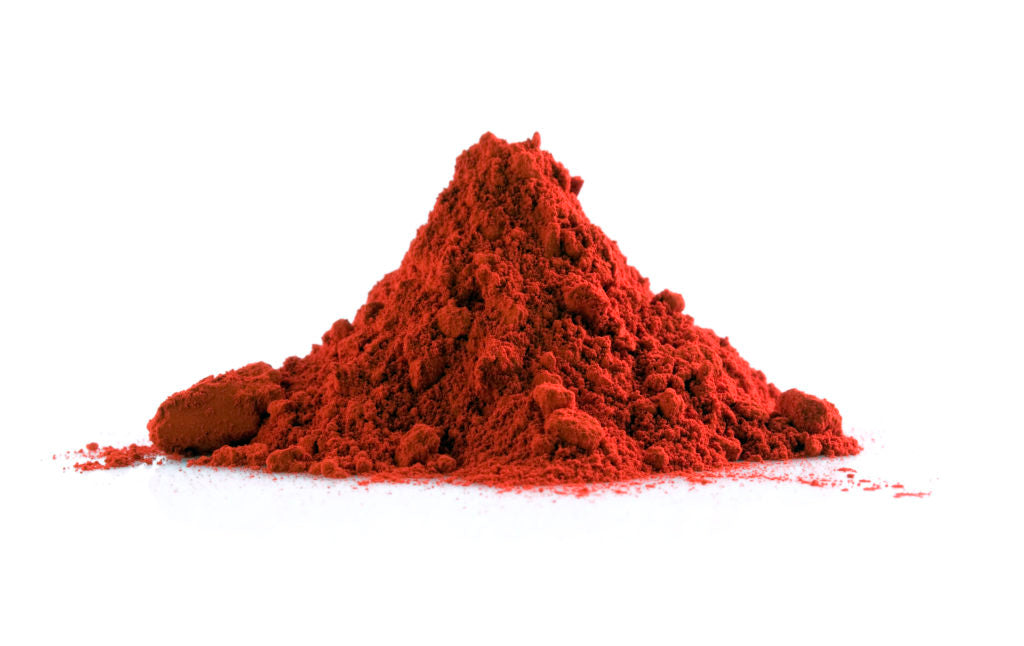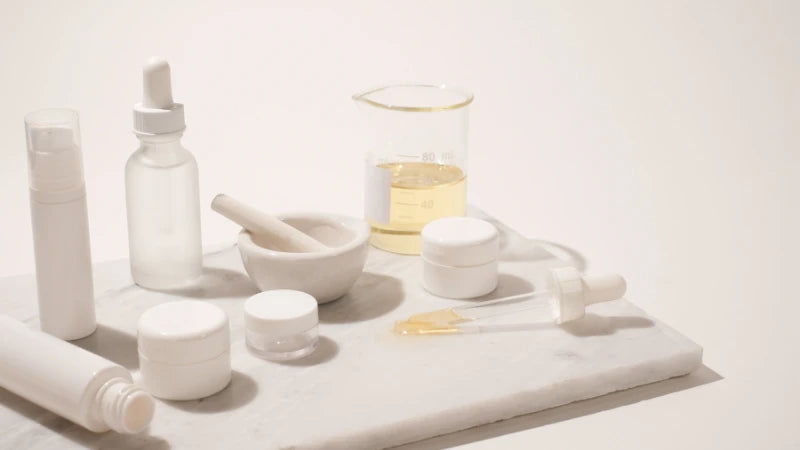Blog
Astaxanthin Skin Benefits
Astaxanthin skin benefits are not widely known. More potent than its famous relatives Vitamins C and E, astaxanthin packs an antioxidant punch that helps protect skin from free radical damage. It belongs to a class of substances called carotenoids and is found in microalgae, yeast, salmon, krill, shrimp and some wild berries. Shop Bespoke Vitamin C 10% Shop Bespoke Vitamin C 15% Studies have shown that astaxanthin has a number of health benefits such as increasing strength and endurance, fighting against diabetes complication, protecting eyes from cataracts and glaucoma, reducing risk of cardiovascular disease, preventing cancers, and assisting in neurodegenerative conditions such as age-related macular degeneration (AMD), Alzheimer’s and Parkinson’s when taken internally. It’s also been shown that astaxanthin skin benefits exist. Astaxanthin Skin Benefits Include: Sun Protection. While it doesn’t shield against or absorb UV light, astaxanthin helps to reduce the development of free radicals and also to scavenge them after their formation, rendering them less harmful. Anti-inflammatory. This benefit helps protect the skin against sunburn and soothes a sunburn after it develops. Apply an astaxanthin skin serum along with your sunscreen to deliver effective sun protection each day. Stimulates Collagen Production. A study showed that crow’s feet wrinkles and elasticity improved after treatment with astaxanthin. Find astaxanthin in a number of facial creams and serums including our Apothekari Bespoke Vitamin C Serum. Available in a 10% and 15% concentration, it’s supported by L-ascorbic acid, ferulic acid, green tea extract plus other potent antioxidants to hydrate, protect and brighten skin, giving it a more youthful glow.
Learn moreWhy Squalane Is Good for Your Skin
Squalane is an oil naturally occurring in the skin’s sebum and is also essential in the synthesis of cholesterol, steroids, and Vitamin D in our bodies. About 10 – 12% of our skin surface is made of squalene but production declines as we age and by age 50, our skin is thought to contain only 5%. Traditionally sourced from shark livers (where the compound squalene is converted to squalane to make it more stable), squalene is now (happily) sourced primarily from olive oil and sugar cane and converted to the more stable squalane for use in cosmetics. Shop Daily Infusion Moisturizer What Does Squalane Do for Your Skin? Squalane lubricates and protects and is widely used as a conditioner, emollient and carrier oil. Because it’s naturally found in skin, our bodies love it. It helps prevent UV damage, helps to regenerate cells and has antibacterial properties. While you can use it straight up, you can also find this ingredient in a range of products including emulsions, balms, facial serums and massage oils, or as a carrier for essential oils. It absorbs quickly, boosting the skin’s ability to retain moisture making it ideal for even really dry and chapped skin. It also enhances the skin’s natural barrier function, warding off external damage. And, it does this without clogging pores. Daily Infusion Moisturizer Beyond being an excellent moisturizing ingredient, squalane has been shown to possess antioxidant properties, helping to protect skin against free radical damage. I love this ingredient because it does so much! You can find squalane in our Daily Infusion Moisturizer where it’s combined with Fructooligosaccharides (naturally occurring sugars) and Caprylic/Capric Triglyceride to deliver hydration without any hint of oiliness. It’s a firm customer favourite at Apothekari!
Learn more


